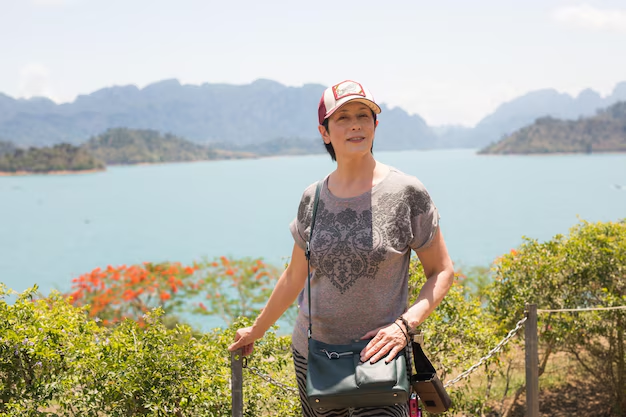What Degrees, Certifications, or Licenses Are Needed to Become a Travel Nurse?
Becoming a travel nurse is an adventure that combines a passion for healthcare with the excitement of exploring new places. But what does it take to embark on this rewarding career path? First and foremost, aspiring travel nurses must pursue a degree in nursing. Typically, an Associate Degree in Nursing (ADN) or a Bachelor of Science in Nursing (BSN) is required to qualify for the necessary licensure exams. Although an ADN can get you started, a BSN is increasingly preferred by employers and can open more doors, providing a competitive edge in the job market. With either degree, candidates will need to pass the National Council Licensure Examination-Registered Nurse (NCLEX-RN) to practice as a Registered Nurse (RN).
Once you're a licensed RN, gaining at least one year of clinical experience is crucial, as travel nurse agencies often require hands-on experience to ensure nurses are prepared for the challenges of working in diverse healthcare settings. Certain certifications can further enhance your credentials. Specialized certifications, such as the Basic Life Support (BLS) and Advanced Cardiovascular Life Support (ACLS), are highly recommended and sometimes required, depending on your location and specialty. Additionally, the Nurse Licensure Compact (NLC) can be advantageous, allowing nurses to work across multiple states with a single license. Aspiring travel nurses should explore these educational avenues to ensure they are well-equipped for the road ahead.
Degrees, Certifications, and Licenses:
-
🎓 Degrees:
- Associate Degree in Nursing (ADN)
- Bachelor of Science in Nursing (BSN)
-
📜 Licensure:
- National Council Licensure Examination-Registered Nurse (NCLEX-RN)
-
🎯 Certifications:
- Basic Life Support (BLS)
- Advanced Cardiovascular Life Support (ACLS)
-
🚀 Optional Advantages:
- Nurse Licensure Compact (NLC) for multi-state practice
